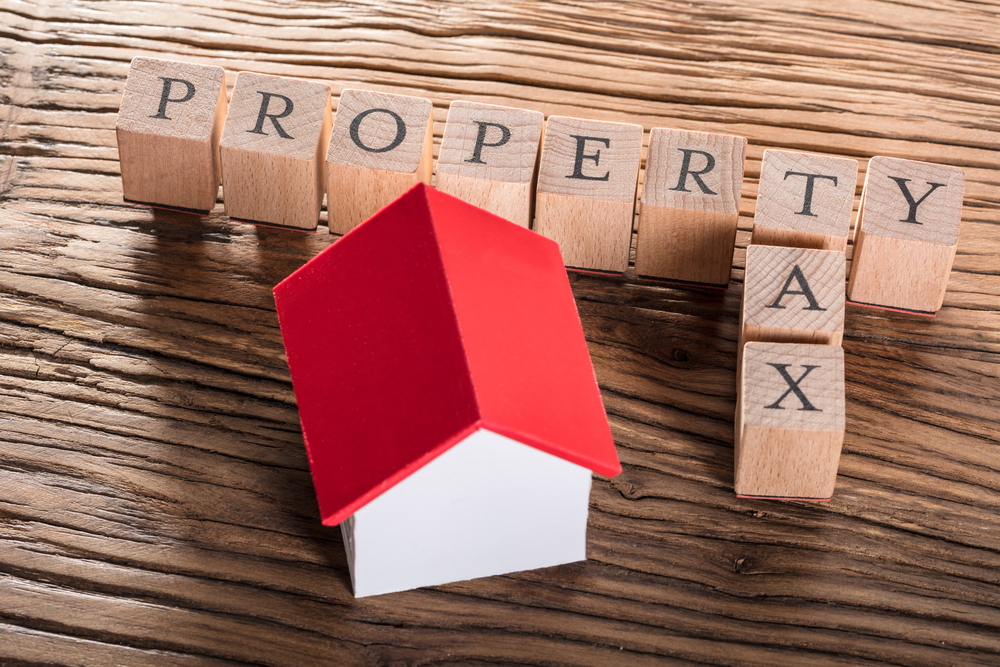
That is if recommendations by the Office of Tax Simplification to change the tax threshold are introduced.
Currently, the rate of tax is 18% for basic rate taxpayers and 28% for those in the higher rate threshold, with tax-exempt on the initial £12,300.
However, the Office of Tax Simplification has called for CGT to increase in line with income tax rates to 20% at the basic rate and 40% at the higher rate, while also lowering the initial amount exempt to £2,000.
Research from Benham and Reeves found that in the last decade, the average UK house price has increased from £168,703 to £251,500, meaning the capital gain of a second home or buy-to-let investment during that time is £82,798.
Based on this example timeframe and when removing the exempt sum of £12,300, selling in the current market would see a lower rate taxpayer pay £12,690 in CGT, while a higher rate taxpayer would pay £19,739.
However, should these changes come into play, the tax owed would rise to £14,100 for a basic tax rate payer, while those in the higher threshold would see it increase to £28,199, representing a rise of £8,460.
Landlords in London would be the greatest affected based on property price appreciation in the last decade, a rise in CGT would see basic rate taxpayers paying close to £4,000 more when they come to sell, rising by £23,810 for those at the higher tax rate threshold.
Those paying a higher rate of tax in the South East and East of England could also see the cost of CGT owed on their investment increase by £13,206 and £12,958, respectively.
Marc von Grundherr, director of Benham and Reeves, said: “The proposed changes from the Office of Tax Simplifications would act as nothing more than another nail in the coffin of the buy-to-let sector, in particular.
“As it stands, landlords and second homeowners are already paying a substantial sum on their investment due to the increased value of bricks and mortar.
“A further increase in capital gains rates is nothing more than a blatant attack on them, especially those in higher tax thresholds.
“The government seems intent on targeting landlords and second homeowners as the cause of the current housing crisis.
“The reality is, their failure to build enough homes is the driving cause and so perhaps this should be their area of focus.”



